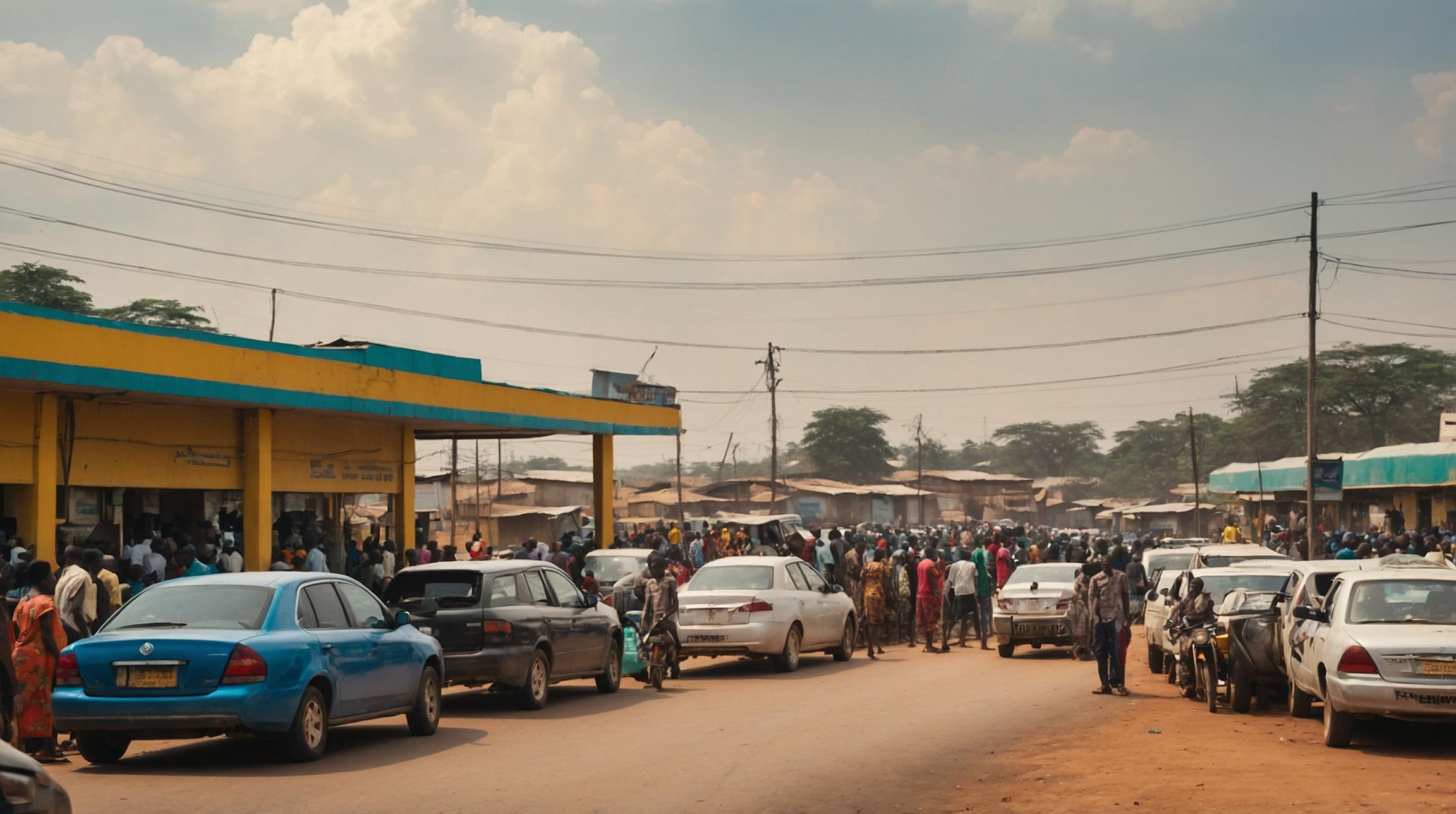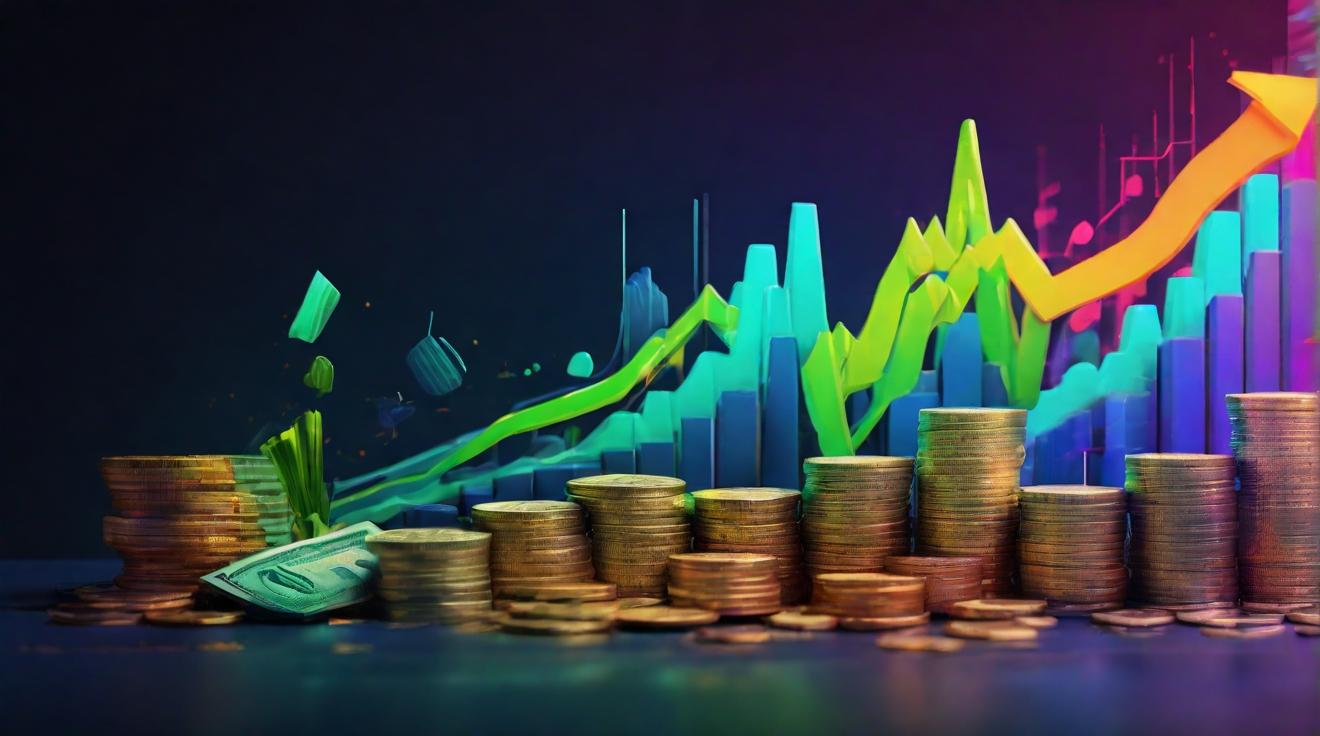Understanding Nigeria's Fuel Shortage Crisis
Nigeria, known as a major oil producer in Africa, is currently grappling with severe fuel shortages that have become a significant issue for many citizens. Despite being rich in oil resources, the country faces long lines at petrol stations, causing frustration and economic strain for everyday activities.
Financial Strain on NNPCL
The Nigerian National Petroleum Company Limited (NNPCL), the state-run oil firm, has recently reported facing "financial strain" that is further exacerbating the fuel scarcity. This comes after declaring a record profit of 3.3 trillion naira (roughly $2 billion). However, the company also has a substantial debt burden that it initially denied publicly.
Impact on Everyday Life
Fuel shortages are not just an inconvenience but a significant burden on daily life. Many Nigerians rely on petrol and diesel for their vehicles and to power generators due to unreliable public electricity. Long queues at NNPCL petrol stations, which offer cheaper fuel, are a common sight, leading to extended waiting times and increased frustration among motorists like Sola Adewusi, a private driver, who faces hours-long waits for fuel.
Economic Consequences
The economic impact of the fuel shortage is profound, coinciding with a period of rising living costs. Recent government reforms aimed at ending fuel subsidies have driven up inflation. The price of fuel has more than tripled in certain regions, directly affecting transportation and food costs. For example, delivery bike rider Ismael Abdullai and video editor Hogan Samuel have reported significantly higher transportation expenses.
Government Policy and Fuel Pricing
The removal of fuel subsidies by President Bola Tinubu has contributed to the frequent fuel shortages. These subsidies had previously kept petrol prices artificially low but at a high cost to the government. The junior oil minister, Heineken Lokpobiri, noted that the current subsidized price could lead to smuggling, suggesting a need to increase prices to independent marketers. This approach, however, is not welcomed by citizens who are already struggling with rising costs.
Public Sentiment and Outlook
The ongoing fuel crisis has led to growing discontent among Nigerians. Many blame government policies and decisions for the situation, as echoed by residents like Uzochukwu Christian, who urged the government to address the issue. As the crisis persists, the need for sustainable solutions becomes increasingly urgent to alleviate the burden on Nigeria’s economy and its people.













